Home energy system loan programs: Payments are not deductible real estate taxes
Some homeowners finance energy saving improvements through government-approved loan programs. The payments on these loans are collected through your tax bill, so they may appear to be deductible real estate taxes. However, the payments are not deductible real estate taxes. If you are such a homeowner, here are the details that may be important to you.
Generally, the loan programs have similar facts. You sign up for a home energy system loan and use the proceeds to make home energy improvements to your home. The home energy system loan is secured by a lien on your home.
You repay the principal and interest associated with this home energy system loan over some period agreed to in the documents you signed. This is billed to you through specific assessments, i.e., additional amounts due to the governmental entity. These specific assessments appear on your real estate property tax bill over the period of the loan.
Your real estate tax bill may not list the breakdown between principal and interest. However, in reality, the total amount due reflects an amount for principal repayment and an amount for interest expense, using the interest rate applicable to the loan. The documents you signed may list this breakdown.
As stated above, the amount that is billed to you through the specific assessment is not deductible as a real estate tax. This amount is not deductible because it is a specific assessment associated with a specific improvement benefitting your home. In other words, it is not in the nature of a general assessment. It is not similar to other typical real estate tax assessments that are levied against all real estate in your jurisdiction for more general governmental funding purposes, i.e., to fund public schools, fire departments, bridge construction projects, etc.
However, the interest portion of your payment may be deductible as “qualified residence interest,” i.e., home mortgage interest expense. Refer to Publication 936, Home Mortgage Interest Deduction, to see whether you might qualify for a deduction of home mortgage interest expense.
Additional IRS resources:
- Instructions for Form 5695, Residential Energy Credit
- Topic 503 – Deductible Taxes
- Publication 17, Your Federal Income Tax for Individuals, has information on nonbusiness tax deductions
- Publication 530, Tax Information for Homeowners, contains deductions for homeowners
- Residential Energy Efficient Property Credit (Section 25D) at a Glance
- Energy Incentives for Individuals: Residential Property Updated Questions and Answers
- Home Energy Credits Save Money and Cut Taxes













